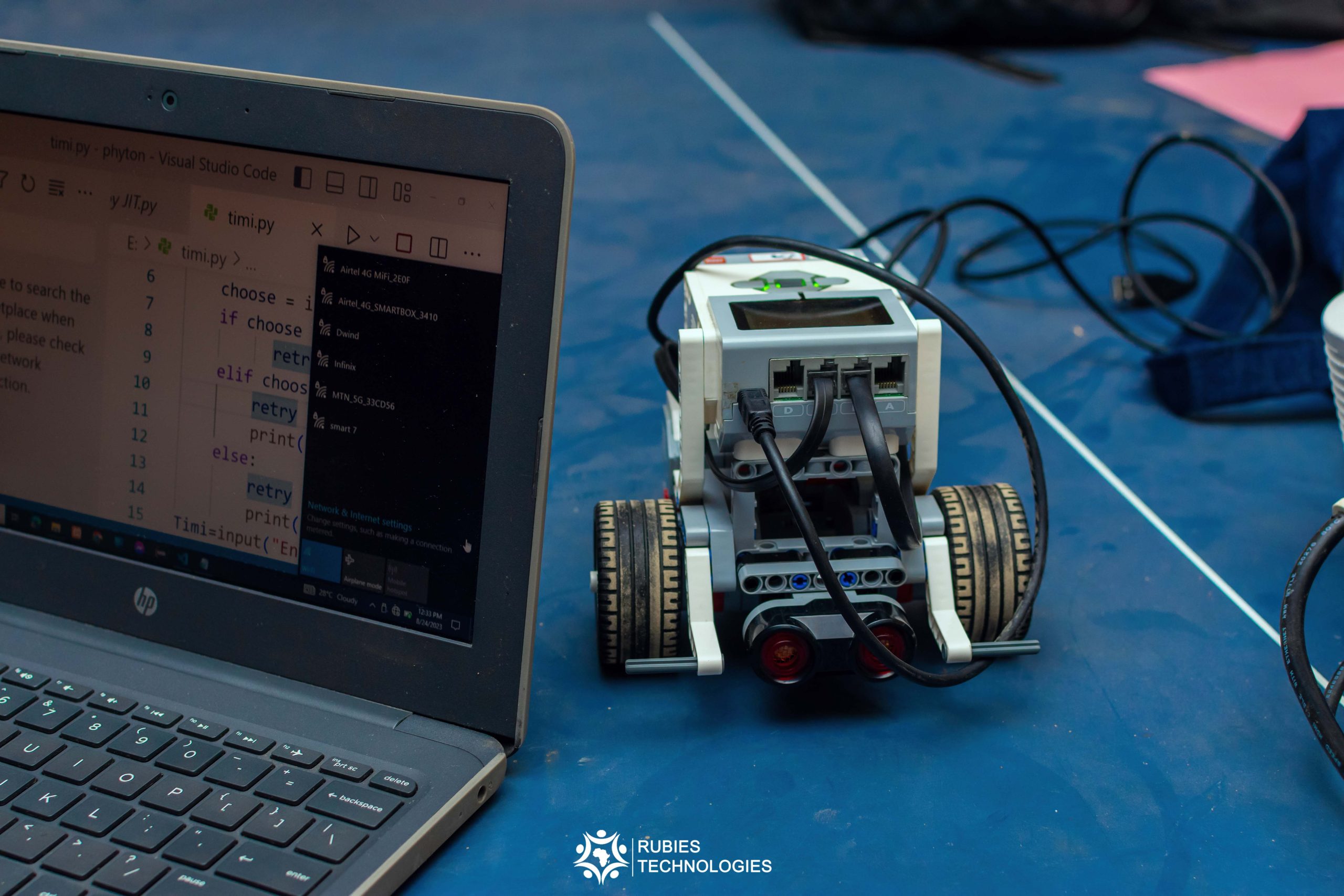In today’s digital age, personalized user experiences have become an essential aspect of many online platforms. From e-commerce websites to social media platforms, users expect tailored content and recommendations that cater to their individual preferences and needs.
This is where machine learning comes into play, revolutionizing the way businesses understand and engage with their users. Machine learning is the process of teaching computer systems to learn from data and get better without being explicitly programmed.
Machine learning algorithms are capable of identifying trends, making predictions, and ultimately providing tailored experiences by evaluating large amounts of user data.
One of the main benefits of machine learning in personalizing user experiences is the ability to understand user preferences and behavior. By analyzing data such as browsing history, purchase patterns, and demographic information, machine learning algorithms can build user profiles that capture individual preferences and interests. This enables businesses to deliver targeted content, recommendations, and advertisements that are more likely to resonate with users, leading to increased engagement and conversion rates.
Furthermore, machine learning can enhance user experiences by improving search functionality. Traditional search engines rely on keyword matching, which often fails to deliver relevant results. Machine learning algorithms, on the other hand, can understand the context and intent behind user queries, allowing for more accurate and personalized search results. This not only saves users time but also enhances their overall satisfaction with the platform.
Content recommendation systems are another field in which machine learning constitutes an essential part of personalization. Machine learning algorithms employ behavioral analysis to identify information that is likely to be of interest to users based on the articles, videos, and items they purchase. Higher retention rates result from encouraging users to spend more time on the site in addition to increasing user engagement.
Personalized user experiences powered by machine learning can also have a significant impact on customer service. Chatbots and virtual assistants, fueled by machine learning algorithms, can provide personalized and efficient support to users.
By analyzing previous interactions and user data, these systems can understand user queries, provide relevant information, and even anticipate user needs. This not only improves user satisfaction but also reduces the workload on customer service teams.
However, it is important to note that machine learning is not without its challenges.
Privacy concerns and data security are significant considerations when implementing machine learning algorithms. Businesses must ensure that user data is handled responsibly and securely, with proper consent and transparency.
To put it up, machine learning has completely changed how companies customize user experiences. Machine learning algorithms are able to produce material that is specifically tailored to each user, better search functionality, improve content recommendations, and offer individualized customer service by analyzing user data and individual preferences. When using machine learning technologies, organizations must, however, put user privacy and data security first. Machine learning has the power to transform user experiences and propel corporate success in the digital age when used properly.
Written by Stephen Afape



